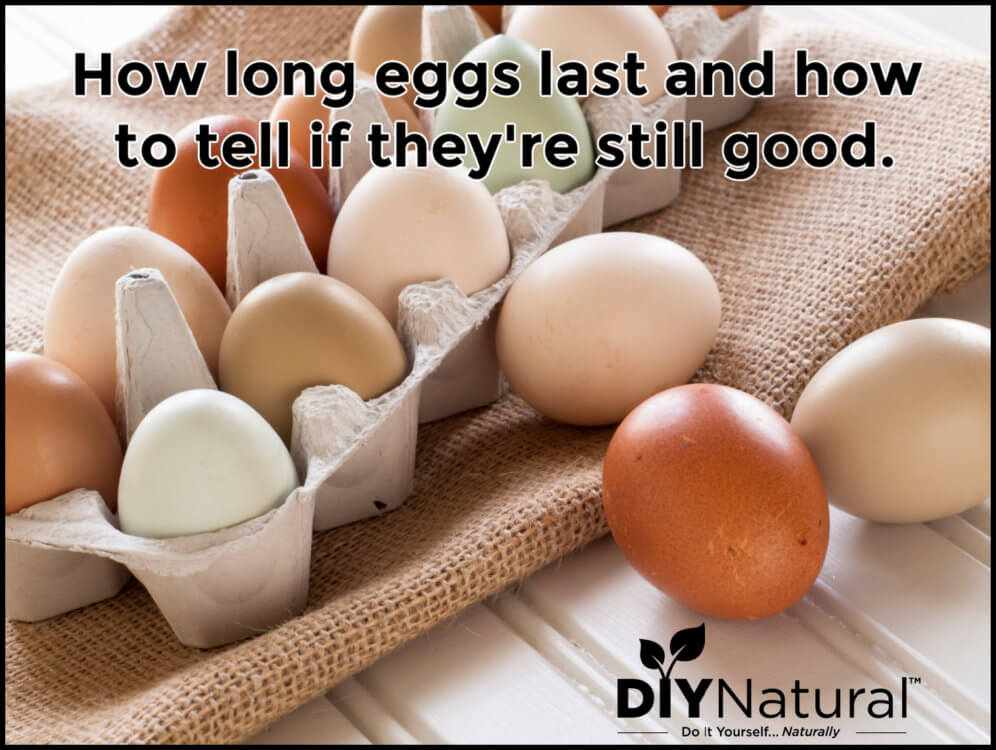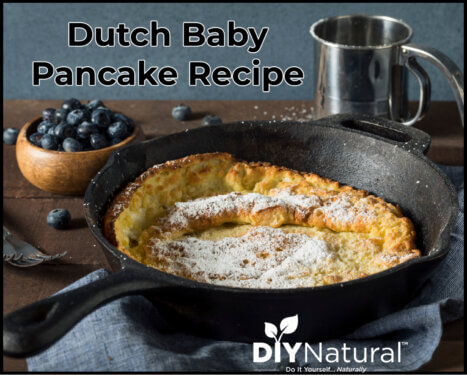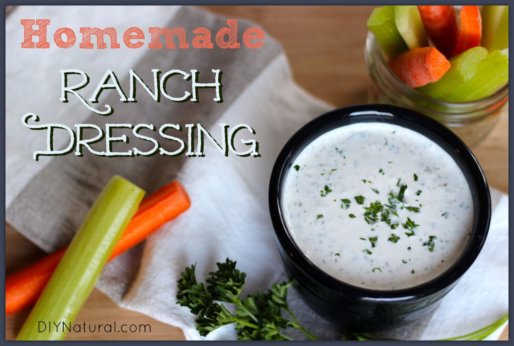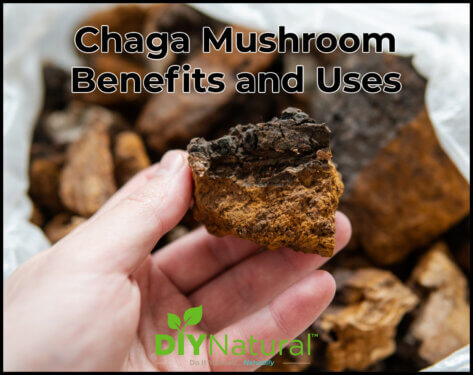
How long do eggs last? Good question. Let’s talk about it and also see how to tell if they’re good, how to keep them fresh, and egg storage.
I raise chickens, mostly for the eggs. I sell my eggs to friends, family, and also at a local farm market. People always ask me if they are fresh. Of course they’re fresh! But how long do they actually keep? The answers may surprise you!
How Long do Eggs Last?
This is how long fresh eggs will keep:
- Washed in the refrigerator-2 weeks
- Unwashed on the counter-4 weeks
- Unwashed in the refrigerator-6 months
To Wash or Not to Wash
I never wash my eggs. I’ll wipe them off if they are muddy, but washing them drastically shortens the shelf life.
Wait! What? They stay fresh that long? It’s true! They have a membrane on the outside to protects them from the elements. This, in turn, protects the chick inside when left to hatch. When you wash eggs the protective membrane is washed off as well. This allows air to enter the shell, causing oxidization and eventually makes them go bad.
If you leave eggs unwashed, they will last much longer. The notion of refrigerating them is a purely American one. Europeans don’t refrigerate them. I leave mine on the counter (who has a fridge big enough for 20 dozen eggs?) until they are used.
Selling Your Eggs
If you sell your eggs, you need to check with your local health department. Ours here requires that they be stored at 36-42°f. Once eggs are refrigerated, they need to be kept that way. I also have my hens checked for disease every year. This isn’t required but gives me peace of mind. I’m not certified organic, but I do let my girls run every day to eat grass, bugs, and compost. This is considered cage-free. Again, check with your local authorities to see what you need to do to be legal.
Egg Storage and Rotation
If you do leave your eggs on the counter, how do you keep them in a rotation to be sure you use the oldest ones first? One thing I do is keep each day in a different carton. The new cartons go on the bottom. I get about 18 a day, so an 18 pack makes it really easy. I also mark the end of the carton just in case they do get mixed up.
Egg Skelters
Another way to keep track is to use an Egg Skelter. They come in many shapes and sizes. There are cute spiral ones that you put the eggs in through the top. They then roll down the spiral until they get to the bottom where they rest until used. Another type has channels for each day in it. It is a box-type design. For each day, you would simply line up the eggs for that day. The next week put the new ones in the back and use the ones in the front first. Eggs skelters are usually inexpensive, ranging around $15. You can get bigger and better ones for around $40. Or you can make your own. However you do it, just be sure to use the oldest eggs first.
How to Tell If Eggs Are Good
There are several ways to tell if your eggs are fresh. One is to shake them. If they are fresh, they won’t jiggle on the inside. If they aren’t, they will jiggle and slosh on the inside. I don’t like this method as well as some of the others because the yolk can break this way. Another method is to spin them on a countertop. A fresh egg will spin nicely. One that isn’t so fresh will wobble and spin to the side. This is because of air getting into the shell causing displacement of the inside.
Another way is to gently drop them into water. The fresh ones will sink to the bottom and lay sideways. Once they’re a week old they will still sink, but will hang suspended at an angle. Another week and it will still sink to the bottom, but stick straight up and down.
The oldest eggs will float to the top. These are usually too old to use.
End of Laying Life
Once a hen reaches 3 years of age, their laying production slows down. You may get eggs that are strange-shaped or colored slightly different; this is normal and they can still be eaten. I don’t cull out my oldest girls, but allow them to live out their lives with the rest of the flock. They are still great as bug killers and rototillers. I haven’t had a flea or tick this year. Not once!
Do you raise chickens? How long to eggs last for you and how do you tell if they’re good?
*******




Does this article refer to home “grown” eggs only, or are store bought eggs included?
Thank you.
What a great article on eggs – so many things I didn’t know!
I also love how much respect and love you have for your chickens – “I don’t cull out my oldest girls, but allow them to live out their lives with the rest of the flock.” Beautiful!
Thank you.